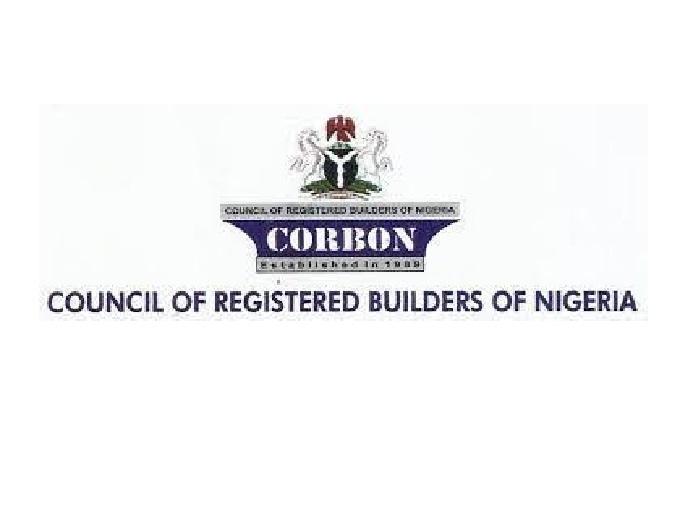The Chairman of the Council of Registered Builders of Nigeria (CORBON), Samson Opaluwah, has raised alarm over the gaps in policy, skills, and standardisation currently plaguing Nigeria’s facility management sector.
Opaluwah made this known while delivering the keynote speech at the investiture ceremony of Akpatre Ndaw as the 2nd National Chairman of the Nigerian Institution of Builders in Facilities Management. His address was titled ‘Facilities Management – Breaking Barriers, Empowering Equality: A Journey Towards Professional Practice Excellence’.
He described the facility management industry in Nigeria as “underappreciated, misunderstood and grossly underdeveloped,” despite its vital role in supporting national growth and infrastructure efficiency.
“The world is moving fast, and facility management cannot afford to be left behind. We are seeing new technologies, changing work environments, and rising demand for sustainable building practices,” Opaluwah said.
He listed key challenges holding the sector back, including poor awareness of the profession, shortage of skilled workers, weak policy support, and low adoption of modern technologies.
“Most times, facilities managers are seen as ordinary maintenance people rather than strategic business drivers. This mindset must change,” he stressed.
Opaluwah advocated for a national framework to standardise facility management, urging stakeholders to support a bill currently before the National Assembly aimed at regulating the profession.
“We need internationally recognised certification systems. Without that, we will remain stuck in mediocrity,” he added.
The CORBON boss also gave a glimpse into the future of the industry, saying: “Very soon, facility management will go fully digital. Machines will diagnose their own issues, send out service requests, and trigger supply chain actions automatically. The role of the facility manager will become that of a remote supervisor and tech programmer.”
While he acknowledged the role of innovation and artificial intelligence, Opaluwah noted that no real progress can be made without investing in human capacity.
“We must create more room for training, mentorship and inclusive participation. Every Nigerian, regardless of background, should have access to opportunities in this profession,” he concluded.
